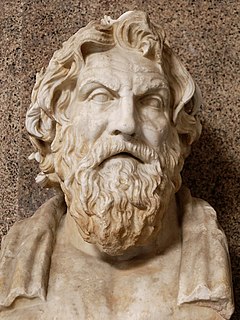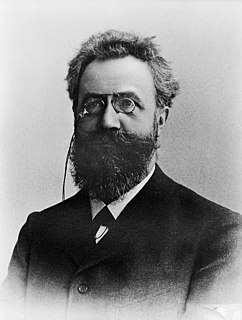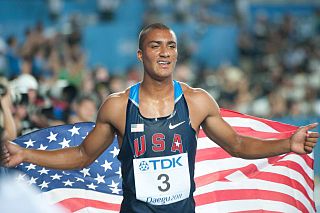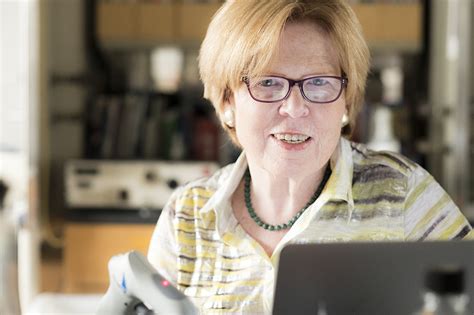A Quote by William Hazlitt
That which anyone has been long learning unwillingly, he unlearns with proportional eagerness and haste.
Related Quotes
I know a good many men of great learning-that is, men born with an extraordinary eagerness and capacity to acquire knowledge. One and all, they tell me that they can't recall learning anything of any value in school. All that schoolmasters managed to accomplish with them was to test and determine the amount of knowledge that they had already acquired independently-and not infrequently the determination was made clumsily and inaccurately.
There is first the problem of acquiring content, which is learning. There is another problem of acquiring learning skills, which is not merely learning, but learning to learn, not velocity, but acceleration. Learning to learn is one of the great inventions of living things. It is tremendously important. It makes evolution, biological as well as social, go faster. And it involves the development of the individual.
Adolescence has been recognised as a stage of human development since medieval times--long, long before the industrial revolution--and, as it is now, has long been seen as a phase which centers on the fusion of sexual and social maturity. Indeed, adolescence as a concept has as long a history as that of puberty, which is sometimes considered more concrete, and hence much easier to name and to recognize.


































